Read about the possible side effects of RYDAPT.
How to Take Treatment
RYDAPT
Take RYDAPT exactly as your doctor tells you
RYDAPT® (midostaurin) capsules is a prescription medicine taken by mouth twice a day with food. You should always take RYDAPT exactly as your doctor tells you.
How often do I take RYDAPT for advanced systemic mastocytosis (SM)?
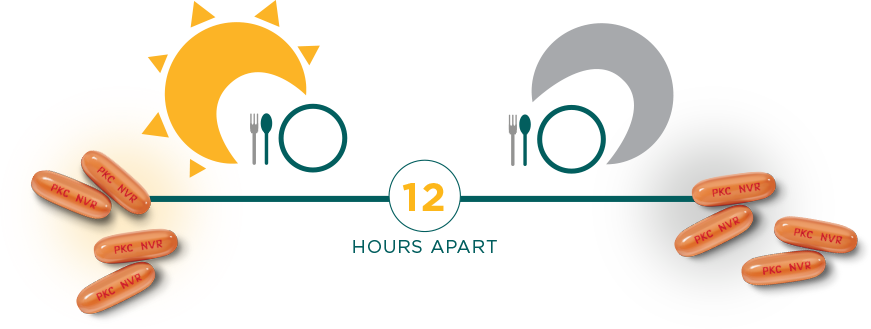
Capsules not actual size.
Your doctor will tell you how many capsules of RYDAPT you need to take. The usual starting dose is 4 capsules twice a day. These should be taken about 12 hours apart (with breakfast and with dinner).
Taking RYDAPT at the same time each day will help you to remember when to take your medicine.
Your doctor may tell you to decrease your dose, temporarily stop, or completely stop taking RYDAPT if you develop certain side effects during treatment with RYDAPT. Do not change your dose unless your doctor tells you to.
Guidance on taking RYDAPT
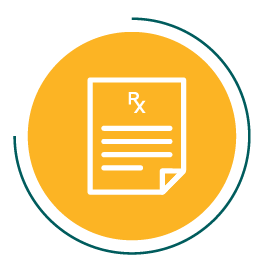
Take RYDAPT exactly as your health care provider tells you
Your healthcare provider may prescribe medicines to help prevent the nausea and vomiting during treatment with RYDAPT

If you miss a dose of RYDAPT, take your next dose at your scheduled time. Do not take an extra dose to make up for a missed dose
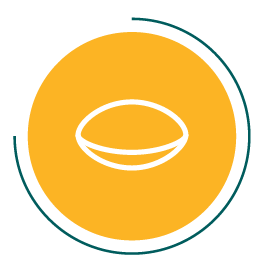
Do not open or crush RYDAPT capsules
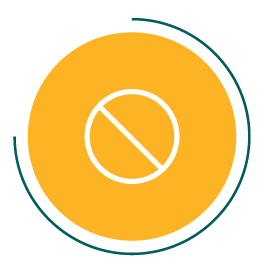
If you vomit after taking a dose of RYDAPT, do not take an extra dose. Take your next dose at your scheduled time.
CARE FROM FAMILY AND FRIENDS
Enlisting a trusted caregiver may make your treatment experience an easier one.
Here are a few ways they can help:
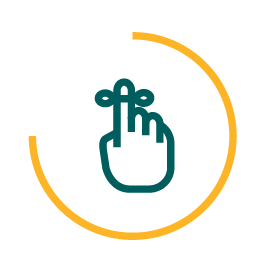
Remind you to take your medication as directed by your doctor
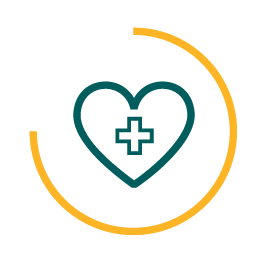
Keep your doctor up to date on any changes in your overall condition
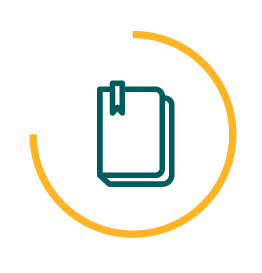
Take notes at your doctor appointments and act as your advocate
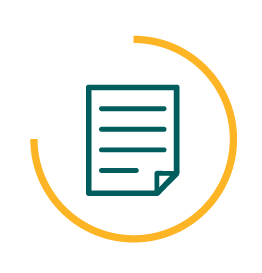
Help you navigate insurance claims and payments

Call RYDAPT Patient Support on your behalf
Additional Support
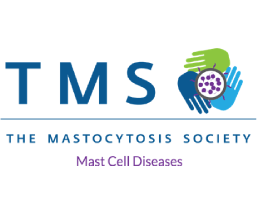
The Mastocytosis Society, Inc. is a non-profit organization dedicated to supporting patients affected by Mastocytosis and Mast Cell Activation Diseases as well as their families, caregivers and physicians through research, education, and advocacy.

